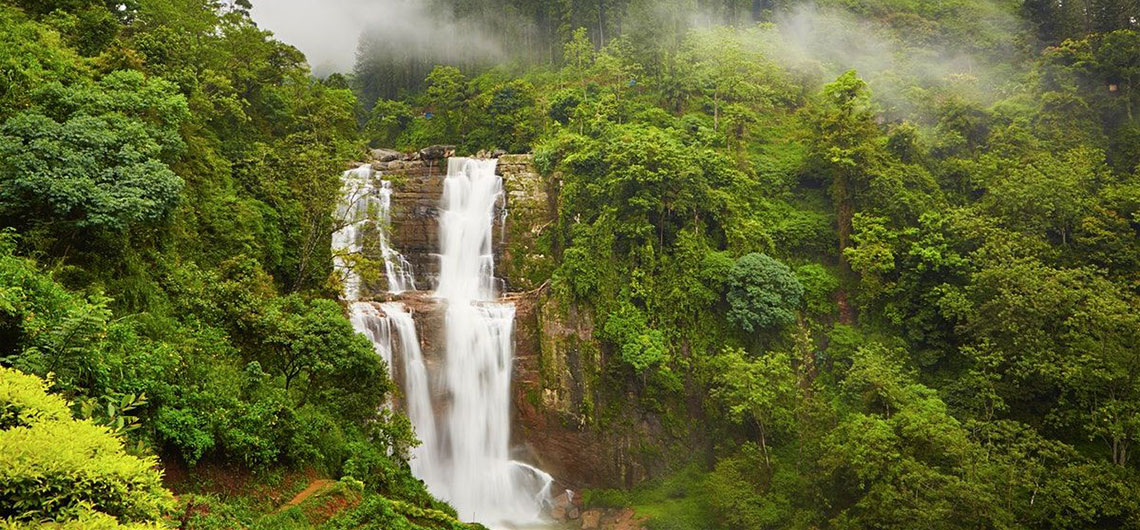
Hotline: (+94) 76 988 9214 (+94) 76 988 9214


The British who discovered Nuwara Eliya in 1819, felt quite at home in Nuwara Eliya. It became one of several hill stations with elevation of 1895 m which dotted the colonial empires of the tropics, a sanatorium where those afflicted could come to recuperate from aliments contracted in the furnace of the coast. The Edward Barnes built a house here in the mid 19th century but the real father of Nuwara Eliya was Samuel Baker the explorer of Lake Albert and the upper Nile in 1846. Many of the buildings retain features of colonial period such as Queen’s Cottage, General’s House, Grand Hotel, Hill Club, St, Andrew’s Hotel and the town’s Post Office. Many private homes maintain their old English style lawns and gardens. To explore Nuwara Eliya’s colonial past begin with a stroll through the few surrounding arcades des towards the old post office with its pink brick walls and the 18 hole Golf Course, the largest in Sri Lanka and the oldest course in Asia and the Hill Club by its Greystone façade reminiscent of Scottish manor house founded in 1876 and very British style club.
